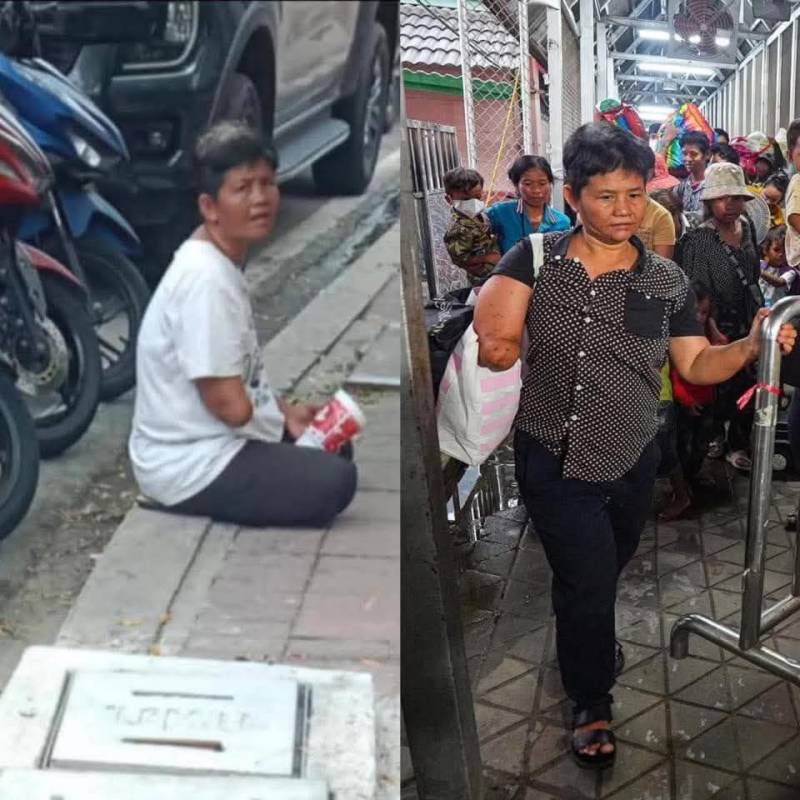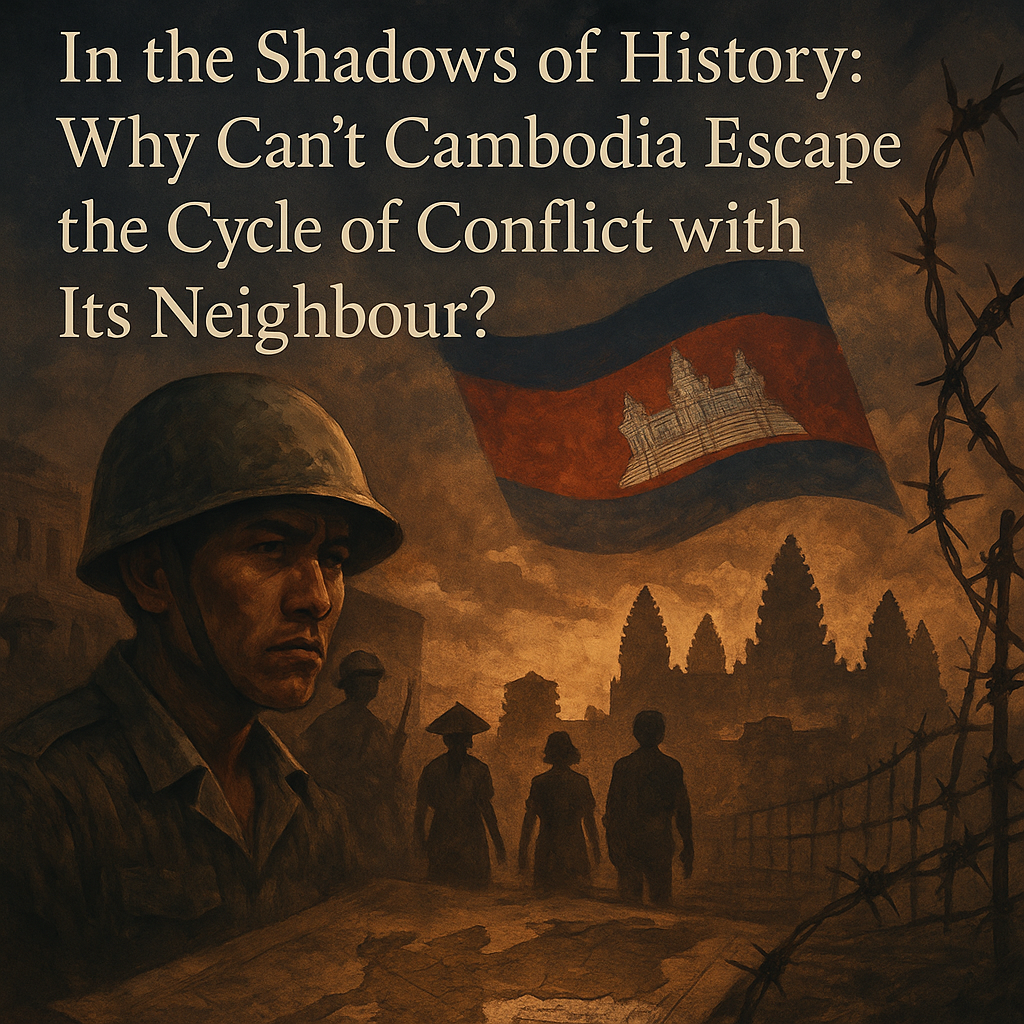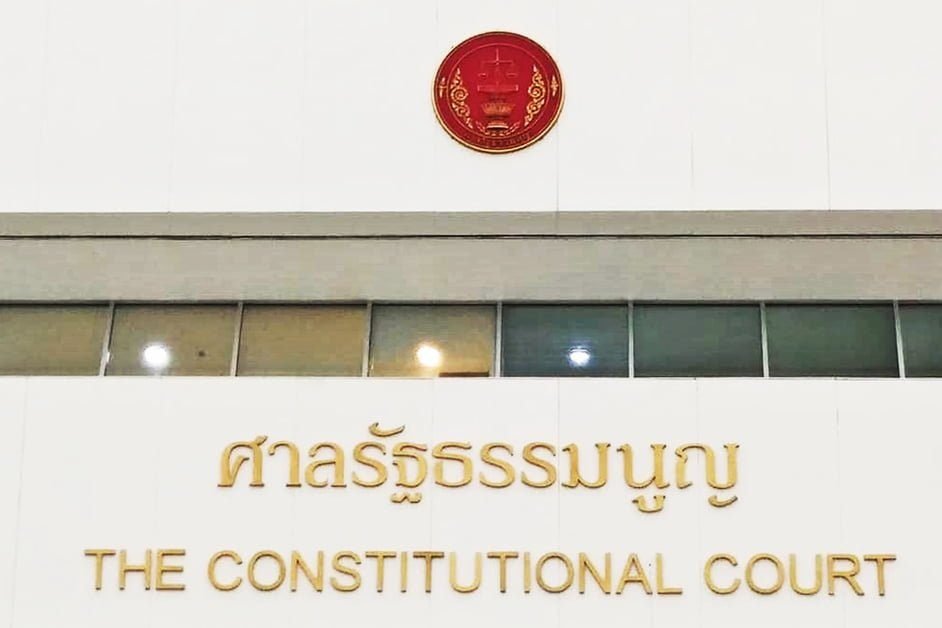1. Overview: Why Are Cambodian Beggars a Persistent Issue in Thailand?
The phenomenon of Cambodian beggars in Thailand is not new, but has become more visible in the past decade, especially in major cities, busy intersections, tourist areas, and border towns. The root causes stem from both internal factors in Cambodia (poverty, rural economic disparity, lack of opportunity) and factors within Thailand (legal loopholes, urban wealth gap, demand for cheap labor and easy cash).
2. Syndicate Structure: How the Cycle Works
Main targets: Children, women, the disabled, and the elderly from poor Cambodian provinces are recruited, deceived, or sometimes sent by their own families to beg in Thailand.
Syndicate operations: Agents (middlemen) arrange the journey—using natural border crossings or bribing officials—and allocate strategic begging spots (major intersections, tourist hotspots).
Organization: Beggars often live in groups in makeshift camps outside city centers, under the watch of a syndicate leader who collects a share of daily earnings, sometimes by force or threat.
Illegal entry: Most enter via unofficial routes or through smuggling networks, sometimes even with quotas for high-traffic areas.
3. Multidimensional Impacts
- Urban/social impact: Public begging damages Thailand’s international image, causes discomfort for residents and tourists, and undermines trust in law enforcement.
- Human rights concerns: Many beggars—especially children and disabled people—are exploited, deprived of education, and subjected to neglect or even abuse.
- Health and safety: Beggars face poor living conditions, are exposed to health risks, and are vulnerable to other forms of crime or trafficking.
- Regional/policy tension: The issue strains Thai-Cambodian relations, raising questions on both countries’ commitment to child protection and human rights in international forums.
4. Legal Framework and State Response: Gaps and Challenges
Thai law: The Beggar Control Act (2016) prohibits all forms of begging, regardless of nationality, with penalties of arrest and deportation. However, penalties are often minor and enforcement is inconsistent.
Cross-border agreements: Thailand and Cambodia have mechanisms for repatriation, but screening for trafficking victims is inadequate, leading to many returnees being quickly recycled into the same cycle.
Role of authorities: There are frequent reports of bribery, complicity, or negligence among some Thai officials, undermining law enforcement and the protection of victims.
5. Why Is This Problem So Hard to Solve?
- Short-term measures: Arrests and deportations only temporarily disrupt syndicates; the cycle quickly resumes.
- Deeper roots: As long as poverty and inequality remain unaddressed in Cambodia, desperate families will continue sending vulnerable members to Thailand.
- Thai social attitudes: Giving directly to beggars perpetuates the cycle; there is a need for public awareness and support for legitimate organizations.
6. Policy Recommendations
- Toughen prosecution against syndicate leaders and profiteers; prioritize dismantling networks, not just targeting individual beggars.
- Enhance protection for victims—especially children and the disabled—by separating them from criminal prosecution and providing shelter, rehabilitation, and safe repatriation.
- Strengthen collaboration with Cambodia, focusing on economic support and social services for at-risk families.
- Raise public awareness in Thailand, encouraging people not to give money directly to beggars, but to support registered charities and social programs.
- Improve border security and transparency, especially among immigration and law enforcement officials, to reduce corruption and trafficking.
7. Regional Perspective and the Future
The issue of cross-border begging is not unique to Thailand and Cambodia; similar patterns occur in Laos, Vietnam, and Myanmar, reflecting Southeast Asia’s broader challenges of poverty, migration, and social safety nets. Long-term solutions require regional cooperation, sustainable development, and robust anti-trafficking policies.







